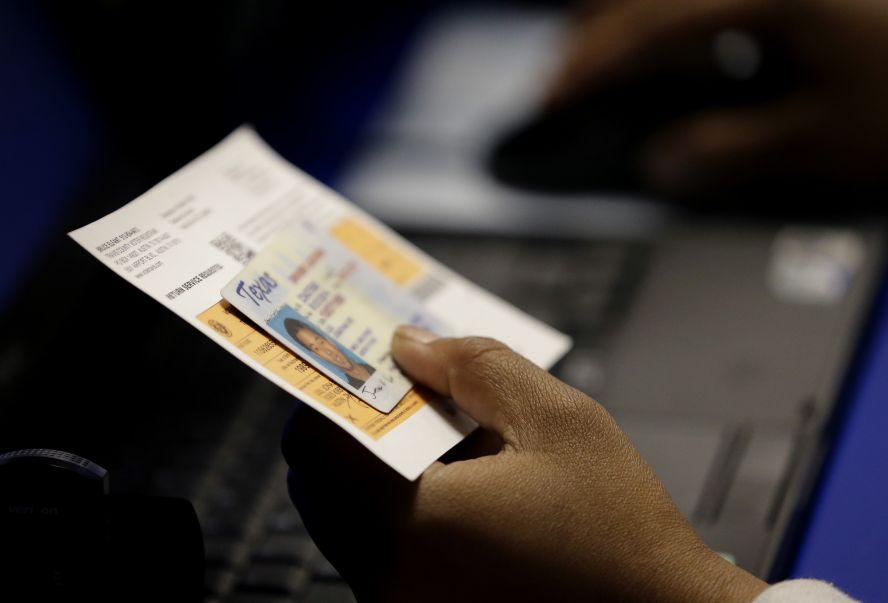The deadline for Real ID driver’s licenses and ID cards has been extended by 12 months as pandemic-related social distancing and lockdowns disrupt issuance.
“Due to circumstances resulting from the COVID-19 pandemic and the national emergency declaration, the Department of Homeland Security, as directed by President Donald J. Trump, is extending the REAL ID enforcement deadline beyond the current October 1, 2020 deadline,” said Acting DHS Secretary Chad Wolf in a news release Thursday.





